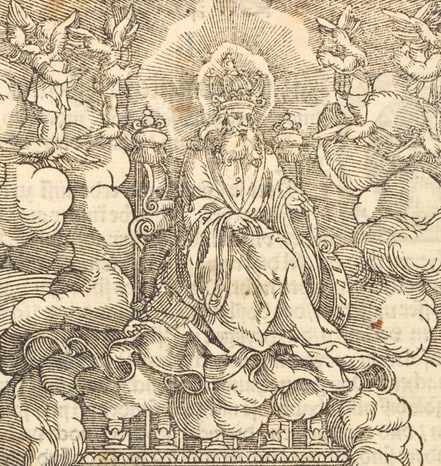Jer. 17:5-8 / Ps. 1:1-4, 6 / 1 Cor. 15:12, 16-20 / Lk. 6:17, 20-26
The blessings and woes we hear in today’s Gospel mark the perfection of all the wisdom of the Old Testament.
That wisdom is summed up with marvelous symmetry in today’s First Reading and Psalm: Each declares that the righteous — those who hope in the Lord and delight in his Law — will prosper like a tree planted near living waters.
The wicked, who put their “trust in human beings,” are cursed to wither and die. Jesus is saying the same thing in the Gospel. The “rich” and “poor” are, for him, more than members of literal economic classes.
Their material state symbolizes their spiritual state. The rich are “the insolent” of today’s Psalm, boasting of their self-sufficiency, the strength of their flesh, as Jeremiah says in the First Reading.
The poor are the humble, who put all their hope and trust in the Lord. We’ve already seen today’s dramatic imagery of reversal in Mary’s “Magnificat.” There, too, the rich are cast down while the hungry are filled and the lowly exalted (see Luke 1:45-55 also 16:19-31).
That’s the upside-down world of the Gospel: in poverty we gain spiritual treasure unimaginable; in suffering and even dying “on account of the Son of Man,” we find everlasting life. The promises of the Old Testament were promises of power and prosperity — in the here and now.
The promise of the New Covenant is joy and true freedom even amid the misery and toil of this life. But not only that. As Paul says in today’s Epistle, we’re to be pitied if our hope is “for this life only.”
The blessings of God mean that we’ll laugh with the thanksgiving of captives released from exile (see Psalm 126:1-2), feast at the heavenly table of the Lord (see Psalm 107:3-9), “leap for joy” as John the Baptist leapt in his mother’s womb (see Luke 6:23; 1:41,44), and rise with Christ, “the first fruits of those who have fallen asleep.”

